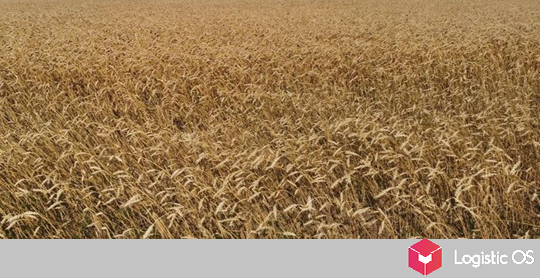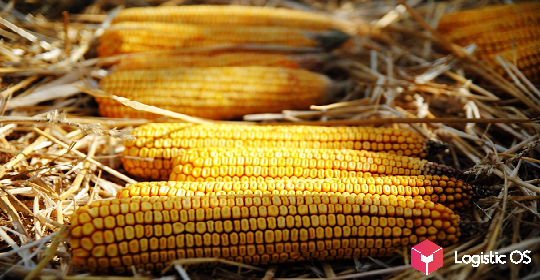Will Russia be able to cope with import dependence on some product groups in 2022?
When the task of import substitution was set, the state began to support agriculture: these are subsidies, incentives, and benefits.
The number of farms and food processing enterprises began to increase.
As a result — at the moment, wheat and sunflower in our country is more than enough for domestic needs.
Dependence on imported meat has decreased: since 2015, the share of imported beef has decreased from 50% to 28%, pork — from 12% to 0.3%.
At the same time, the share of imported cheeses since 2015 has grown from 23% to 35%, the share of imported animal oils — from 25% to 34%.
There is no strong industrial growth in the production of some food products:
In 2015, 203,000 tons of beef were produced — the same amount has been produced since the beginning of 2021.
Cheese and cheese products were produced in 2015 589,000 tons, at the end of 2021 — 445,000 tons.
The share of imports is still high in vegetables and potatoes, milk, seeds and hatching eggs.
In 2022, a separate program for the development of vegetable growing should help solve this problem, which implies subsidies for private farms (it is being developed by the Ministry of Agriculture).
This program, among other things, provides for an increase in the number of vegetable stores — which will be quite problematic to do within a year.
And it will not be easy to raise potato growing in a year, which has been falling for the last 20 years.
The most challenging food import categories are hatching eggs, seeds, vitamins, nutritional supplements and plant protection products.
20% of chicken meat supplied to the Russian market is produced from hatching eggs.
In 2022, it is planned to reimburse capital expenditures to investors who have invested in enterprises producing this product, while increasing the import duty on eggs.
At the moment, import substitution in agriculture has been carried out only partially: foreign equipment and components are being purchased.
Although the Russian seed fund has increased in volume, for example, corn seeds are imported 80% of consumption, sugar beet seeds — about 100%.
Almost any domestic production depends on the supply of imported components, equipment or raw materials.
In the market for non-food products, the percentage of imports is generally much higher (data from 2020):
Auto parts — 95%
Games and toys — 92%
Shoes — 87%
Telecommunication equipment — 86%
Clothing — 82%
Textiles and haberdashery — 73%
Perfumes, cosmetics, detergents — 57%
Sports goods — 48%.
In any industry, the higher the share of imports, the higher the dependence on global inflation.
But the task of isolating the country from imports is not worth it: a high share of imports in non-food products is normal.
Russian conditions simply do not allow many goods to compete with the cost of goods from Asia.
The main objective of import substitution is to make the country less dependent on foreign goods and services, especially food.

